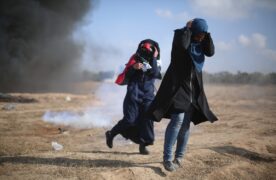Jiyan* was born two weeks after their Kurdish parents arrived in the UK in search of asylum. As a non-binary person with Kurdish heritage who has only ever lived in Britain, their life is one lived in and between currently available categories of nation and gender.
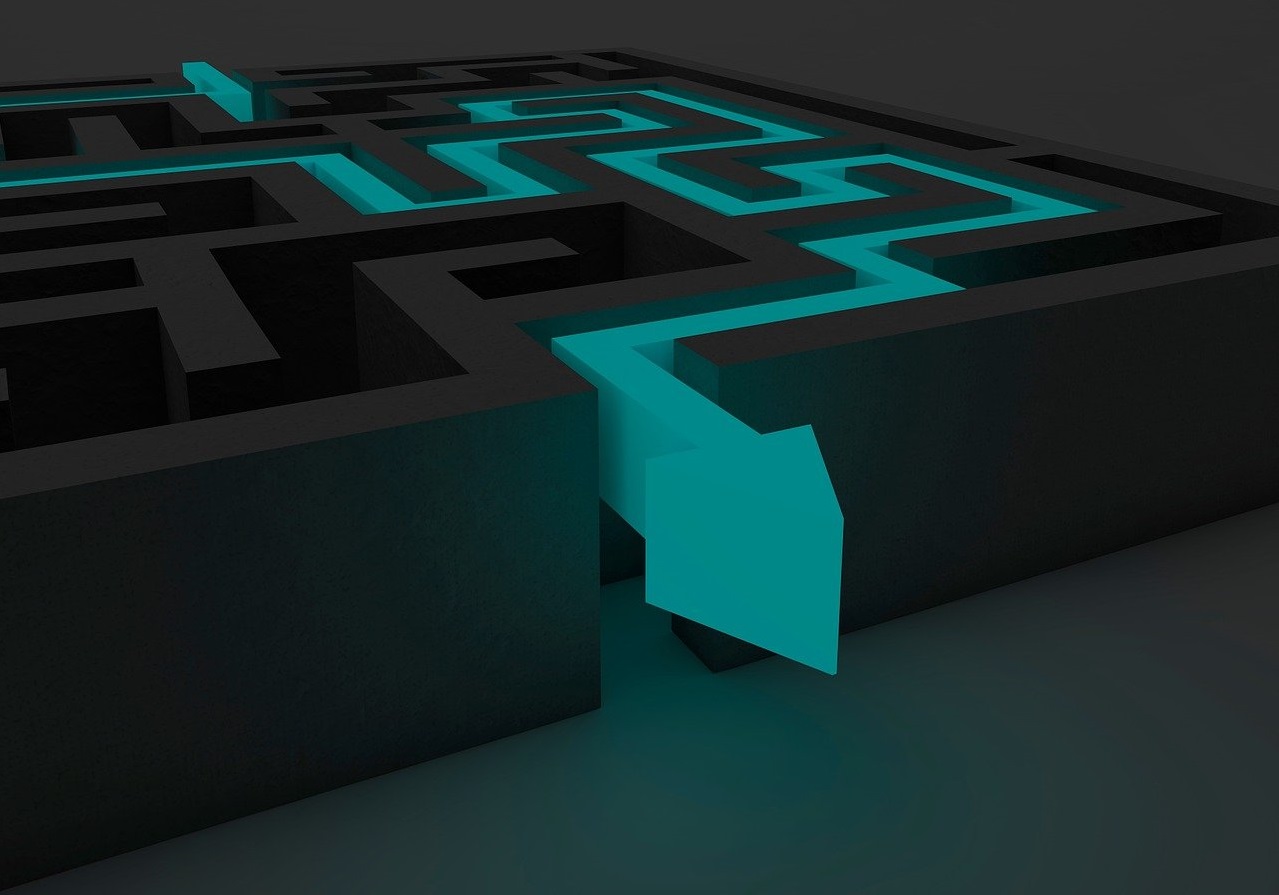 Mizy Judah Clifton
Mizy Judah Clifton
Jiyan has a murky understanding of how and why their parents came to the UK as asylum seekers in 2001.
There is a post-arrival paper trail of certificates and variously coloured passports, the stuff of this or that bureaucratic milestone, plus scattered tidbits of information – past addresses and the like – picked up while filling out forms on their behalf.
“The only thing I know is that the day [my mother] was driven to a bed and breakfast hotel when she first arrived, Sinead O’Connor was playing in the car. So when Sinead O’Connor died recently, she was really, really upset, because he reminded her of when she first came to the country. But that is literally all I know,” they say.
“It’s just not spoken about. It’s like a rupture in the timeline of my parents’ lives – that was before, and this is now. I’ve never wanted to ask them because I feel it would just unpack a lot of trauma they probably tried to protect me and my sisters from”.
Jiyan’s parents hail from Kirkuk, known to many Kurds as the “Jerusalem of Kurdistan”. A multiethnic and oil-rich province just outside the semi-autonomous Kurdistan Region of the Republic of Iraq (KRI) in northern Iraq, Kirkuk had long been subject to a systematic campaign of ethnic cleansing in the form of “Arabization” even before Saddam Hussein arrived on the scene.
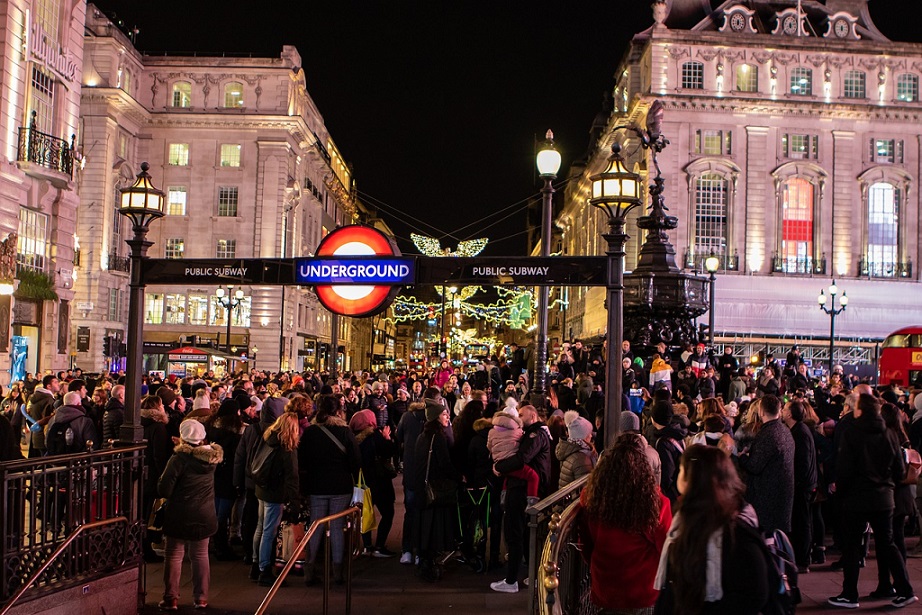 From the late 1960s onwards, however, Hussein’s Ba’ath Party intensified the persecution of Kurds and other non-Arabs, something Jiyan says their parents only speak about in vague and abstract terms.
From the late 1960s onwards, however, Hussein’s Ba’ath Party intensified the persecution of Kurds and other non-Arabs, something Jiyan says their parents only speak about in vague and abstract terms.
“My mum says she remembers when the Halabja massacre happened, a chemical attack in the ‘80s. I think she wasn’t [actually] present, but that was a key memory for her in terms of how Kurdish people were treated”.
Jiyan now lives in suburban London and has not always had a firm sense of Kurdish identity.
“Until maybe sixth form, I didn’t really use the word ‘Kurdish’ to refer to my own identity. I’d say, “I speak Kurdish at home’, or ‘my parents are Kurdish’. I think it was because when I was quite young, kids who didn’t know any better would hear me speaking Kurdish with my mum and make fun of me. I remember thinking, ‘I wish I was white, I wish I was English”.
Their Kurdish heritage is now a source of pride. Being surrounded by people from diverse backgrounds at school helped Jiyan realise it was special to be able to speak a different language, especially one that is so rare.
Their relationship to Britain is also complex. Migrants – and especially refugees – are so often obliged to perform a kind of gratitude to the country that was ‘generous’ enough to take them in, lest they be accused of harboring dual loyalties or failing to assimilate.
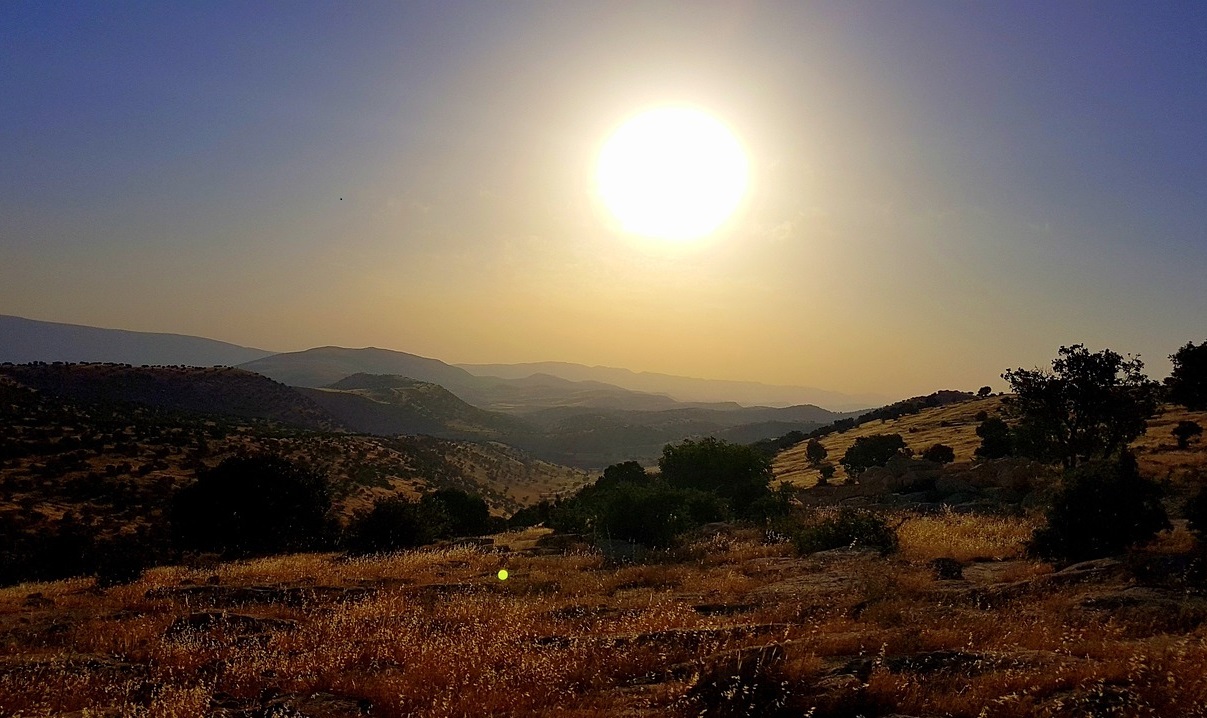 “I think about all the difficulties my parents have had to go through to be accepted as British people and how they will never be enough. I feel a lot of resentment towards Britain. It’s not something I’ve [directly] experienced, just stuff I witness”.
“I think about all the difficulties my parents have had to go through to be accepted as British people and how they will never be enough. I feel a lot of resentment towards Britain. It’s not something I’ve [directly] experienced, just stuff I witness”.
“It’s very politically dangerous to say, ‘I hate this country’. Because then you go back on your oath. I can probably say that because I have grown up here and am a British citizen”. Jiyan doesn’t see Iraq as their home either, having only visited twice. They consider themselves to be a Londoner above British or English, seeing London as “very different to the rest of Britain” due to its multiculturalism and hopeful atmosphere – spiralling rents and a cost-of-living crisis aside.
Jiyan is also non-binary, meaning they do not identify exclusively as either a man or a woman. Their parents don’t know – or at least, don’t talk about it – and use the name and pronouns they gave Jiyan at birth. Jiyan uses the pronouns they/them.
Jiyan is thinking about their upcoming Master’s graduation and the prospect of wearing jili kurdi (Kurdish clothes). Their sister had a “really beautiful one” made for her recently.
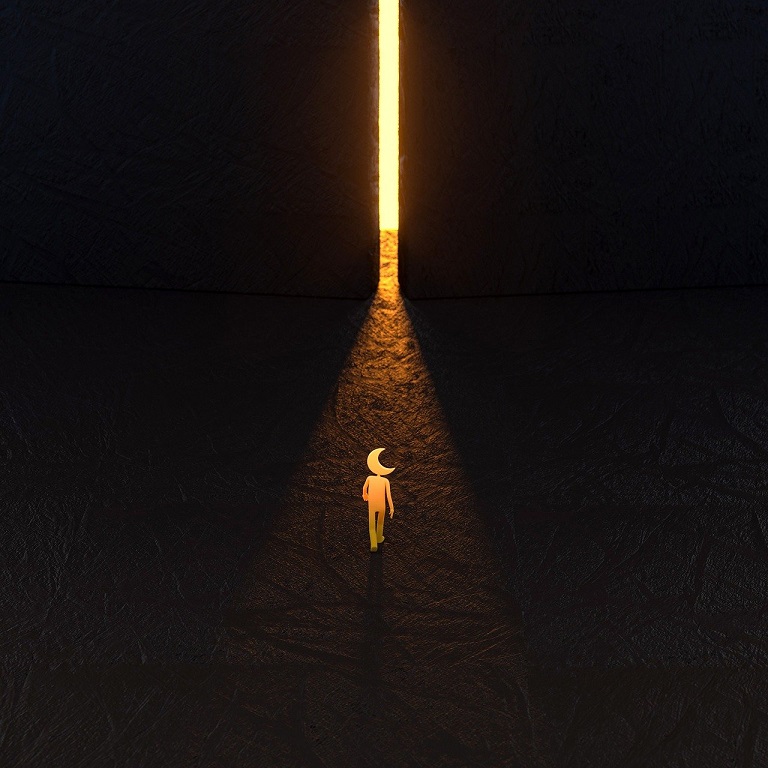 “I really want to wear it but I don’t like wearing dresses. I don’t like being perceived like that. It’s classic gendered clothes – “men dress like this and women dress like this”. And I’m going to wear that dress because I want to assert my Kurdishness at graduation. But I know I’m going to feel really weird about it on the day.
“I really want to wear it but I don’t like wearing dresses. I don’t like being perceived like that. It’s classic gendered clothes – “men dress like this and women dress like this”. And I’m going to wear that dress because I want to assert my Kurdishness at graduation. But I know I’m going to feel really weird about it on the day.
“I’m going to wear this gorgeous Kurdish dress because I always feel compelled to assert my Kurdish identity in a way that doesn’t quite match my gender identity. But I’m kind of like, ‘OK, this is a sacrifice I’m going to make’.
Some trans and non-binary people feel immense distress when others refer to them using the wrong pronouns or name. But Jiyan is relatively content with leading separate gendered lives and remaining their “mother’s daughter” at home. “When my mum refers to me as her daughter, she’s doing it in a way that is expressing love for me. I don’t want her to call me ‘Jiyan’, ever. I don’t think I’ll ever want that from her. She gave me a Kurdish name. It’s a lovely one – I still use it on all my forms and stuff. It’s an important part of me”.
*Jiyan is a fictional name, at the request of the interviewee.
(Photos: Pixabay)












.jpg)



